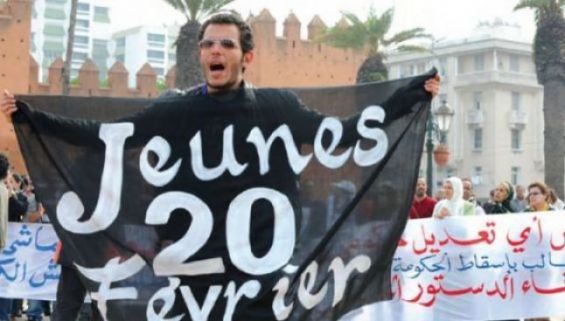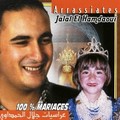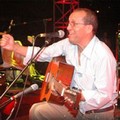Ten years after thousands of Moroccans took to the streets in several cities to protest against corruption and authoritarianism and call for democracy and dignity, the Arab Barometer published a survey on the movement, considered the largest in the history of modern Morocco.
The nonpartisan research network that provides insight into the social, political, and economic attitudes and values of ordinary citizens across the Arab world recalls that this protest movement is «responsible for the constitutional and political changes that the country has witnessed since then».
The results of the survey show that the reasons for the protests, which took place 10 years ago, still persist. When asked if corruption is prevalent within state institutions, 59 percent of Moroccans say that it is prevalent to a large or medium degree. On the other hand, 25% others said that there is no corruption and 10% said it exists to a low degree.
As for democracy as a societal value, 79 percent of Moroccans consider choosing their leaders in free elections to be absolutely essential or somewhat essential. 18% said that choosing their leaders in free elections is not essential.
Prioritizing employment and education
The majority of Moroccans felt that government priorities should focus on reforming education and the health system and creating new employment opportunities. Respondents made that clear as 36% of them said the government should prioritize the creation of new job opportunities, 11% said that increasing wages should be a priority for the government and 16% said the government should reduce the cost of living.
Moreover, 24% of respondents said the government's priority should be to reform the educational system, 8% called for encouraging foreign investment and 2% felt that the government should focus on other aspects.
Regarding the government’s spending priorities for the coming year, 37% said it should focus on the educational system, 50% said priority spending must go to the health care system. Meanwhile, 4% of respondents called for reducing environmental pollution, 2% called for improving roads and transportation, 2% pleaded for more spending on national security while 1% called for subsidizing energy products.
It is worth mentioning that the Moroccan authorities, who justified the decision due to the state of health emergency, banned sit-ins commemorating the 10th anniversary of the February 20 movement, scheduled for Saturday and Sunday in cities across Morocco.




 chargement...
chargement...












